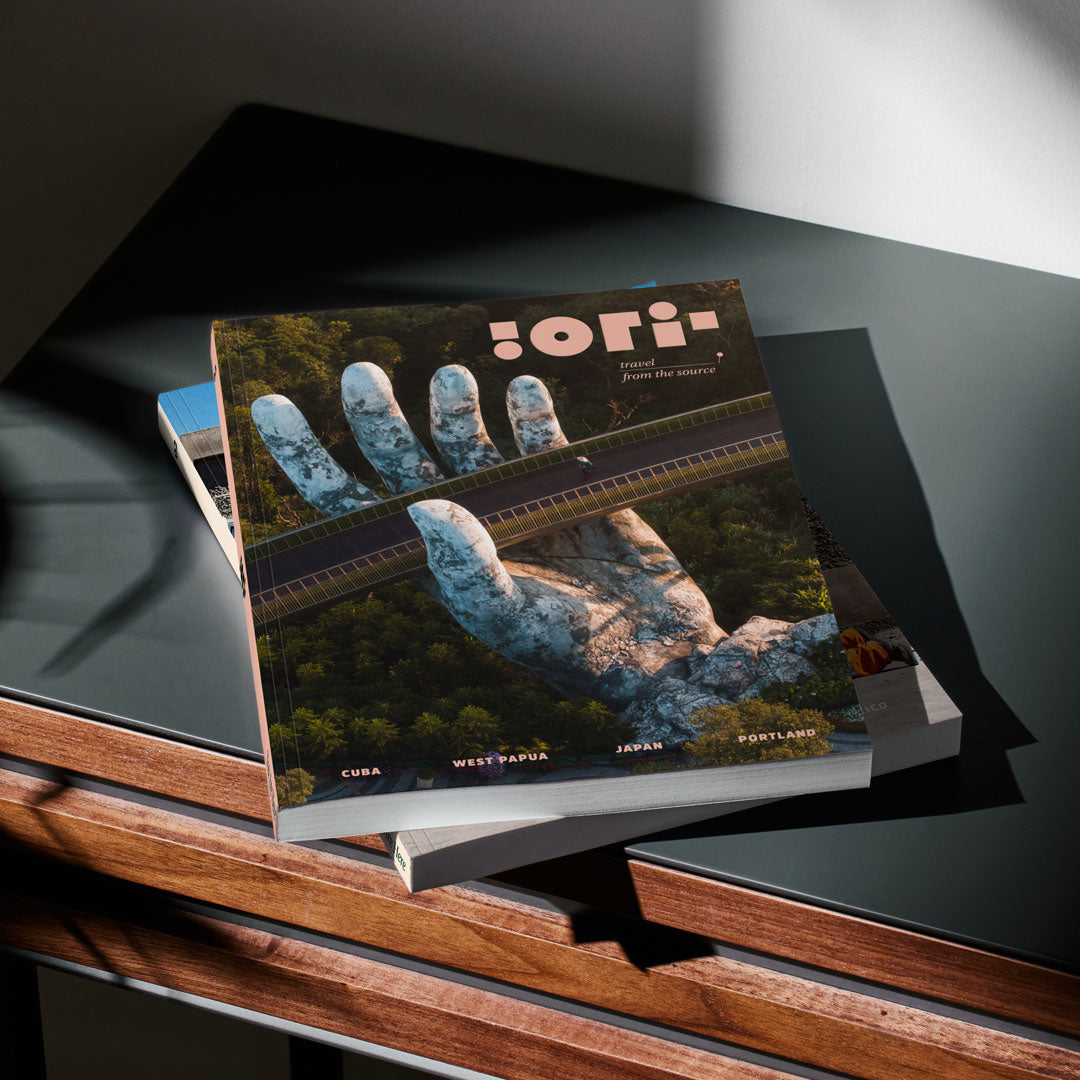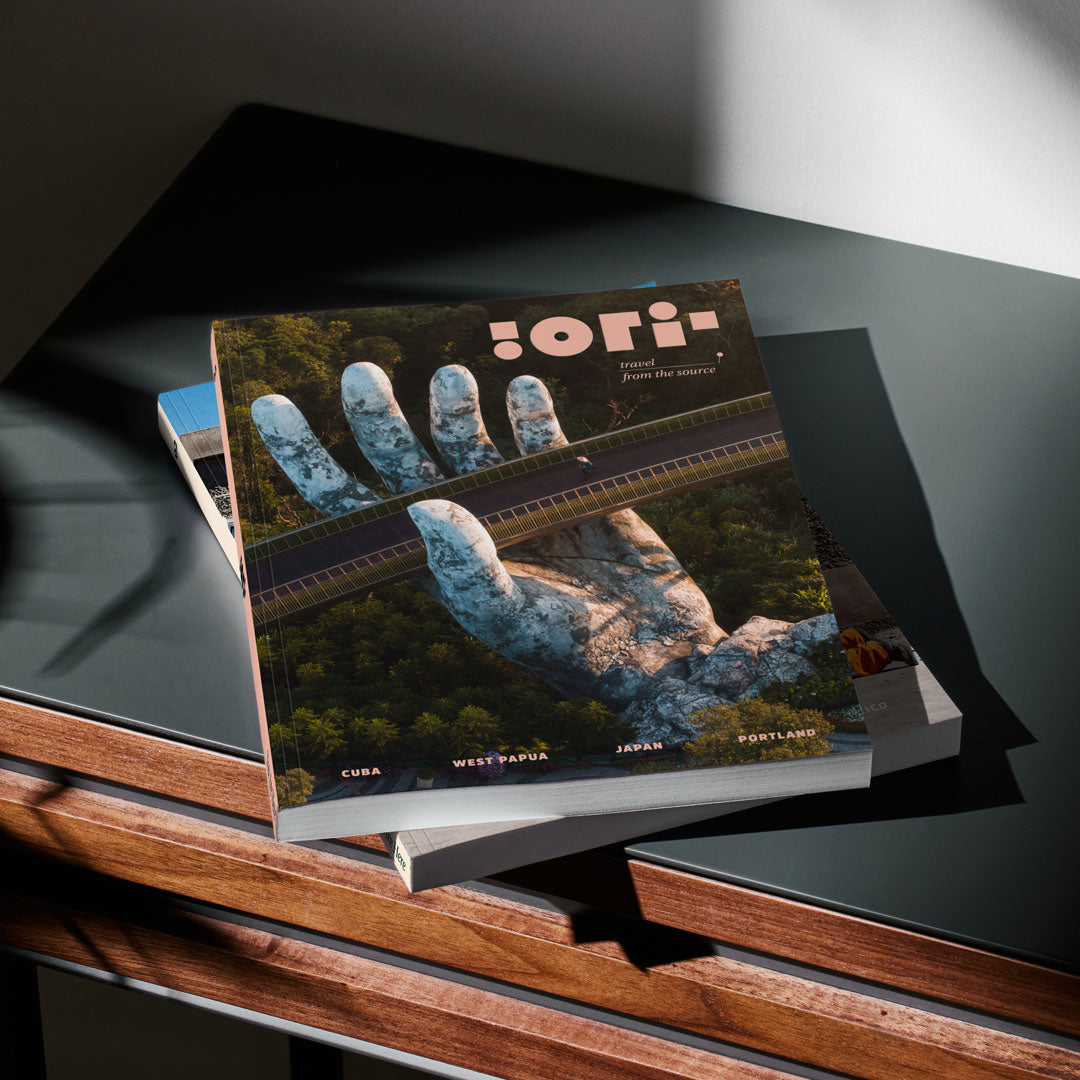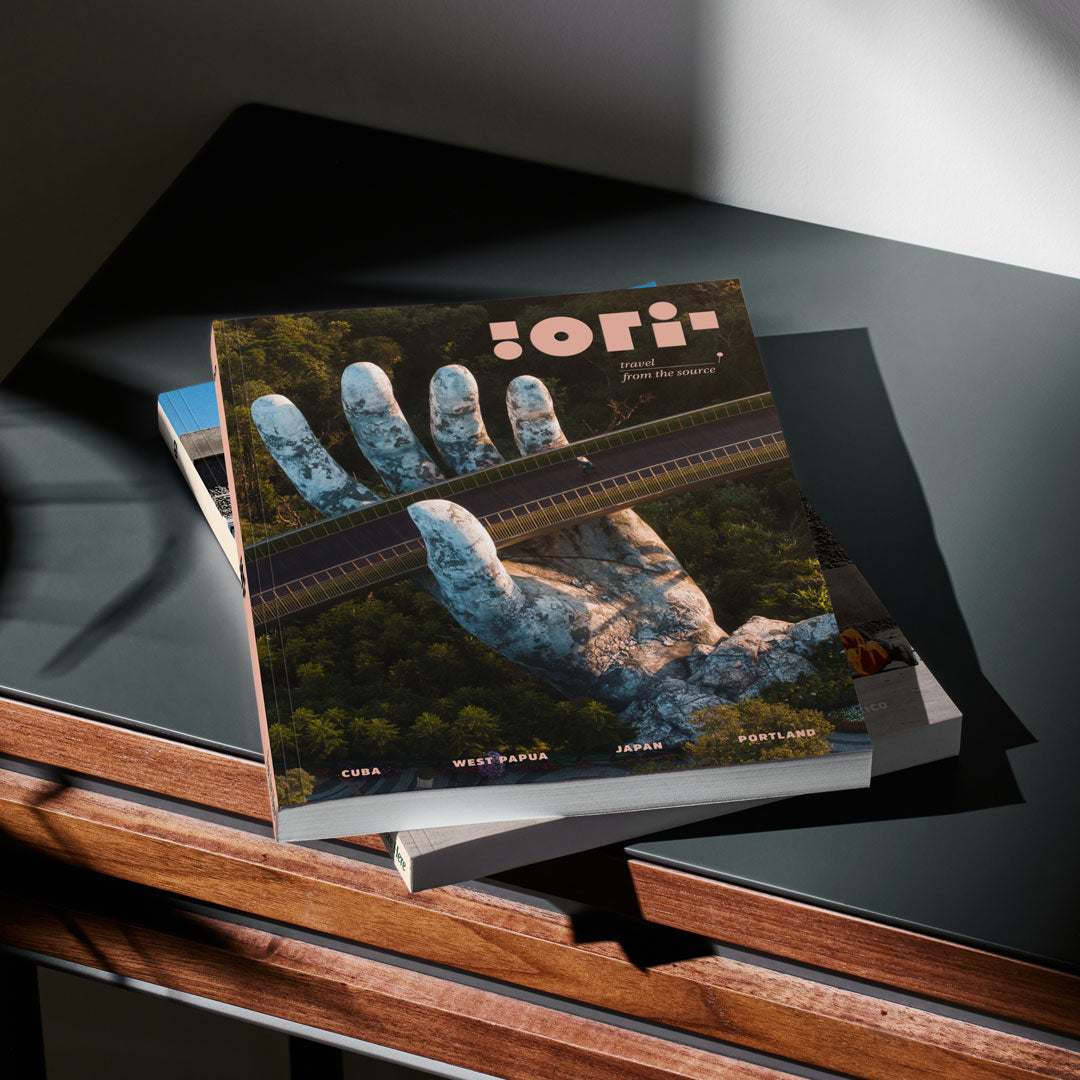Do not sell or share my personal information
As described in our Privacy Policy, we collect personal information from your interactions with us and our website, including through cookies and similar technologies. We may also share this personal information with third parties, including advertising partners. We do this in order to show you ads on other websites that are more relevant to your interests and for other reasons outlined in our privacy policy.
Sharing of personal information for targeted advertising based on your interaction on different websites may be considered "sales", "sharing", or "targeted advertising" under certain U.S. state privacy laws. Depending on where you live, you may have the right to opt out of these activities. If you would like to exercise this opt-out right, please follow the instructions below.
If you visit our website with the Global Privacy Control opt-out preference signal enabled, depending on where you are, we will treat this as a request to opt-out of activity that may be considered a “sale” or “sharing” of personal information or other uses that may be considered targeted advertising for the device and browser you used to visit our website.
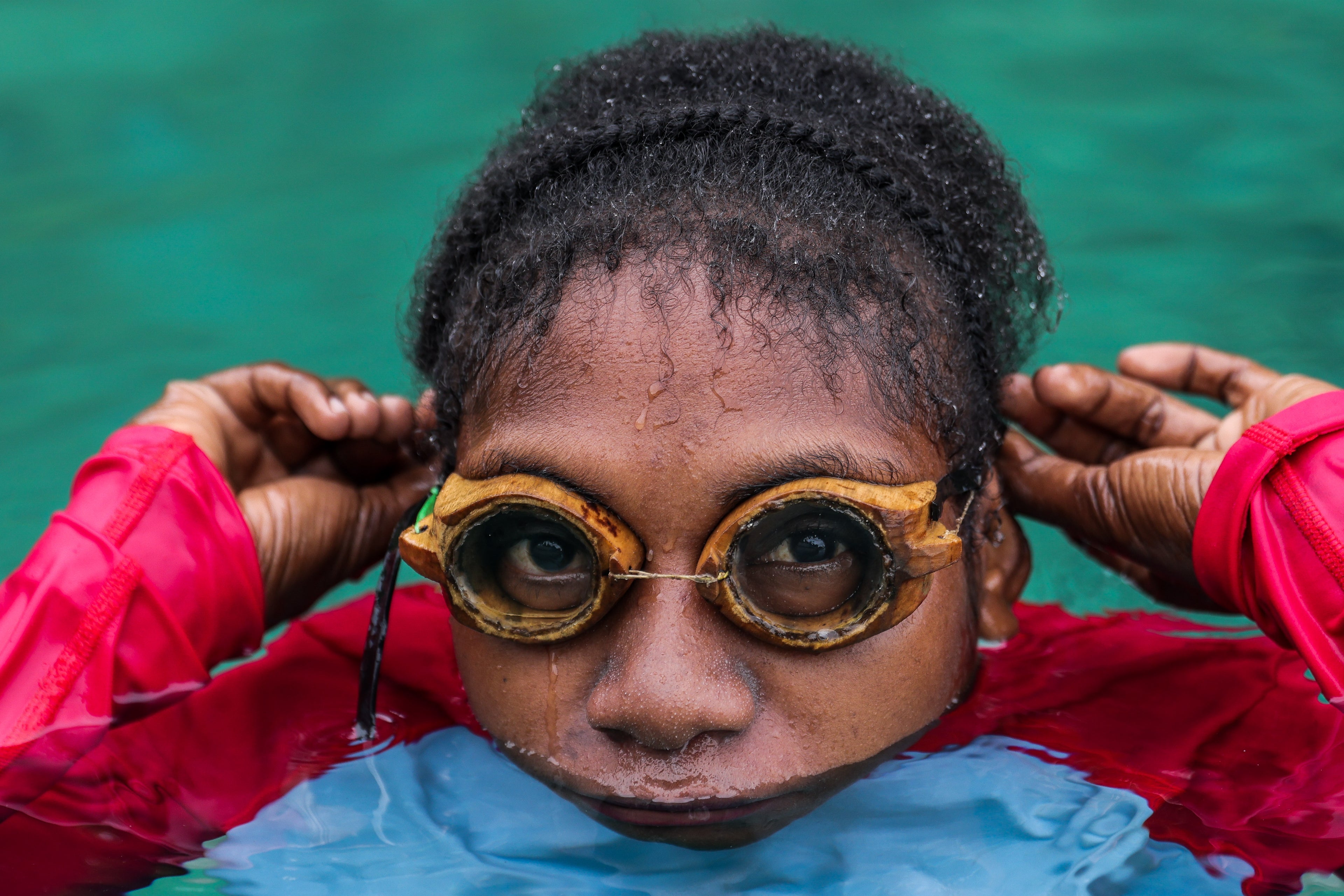
The following is an excerpt from the Issue 02 Ori Creative Grant winner.
Words by Fadiyah Alaidrus
Photos by Garry Lotulung
Yolanda Olivia Kacili felt the excitement ignite in her belly. What started as a familiar fluttering radiated upwards, settling just behind her ears. At 22 years old, she’d been waiting for this day for over a decade, when she first started submerging herself in the electric blue waters off her West Papua home. Today was different. Today she was diving for her family and friends in Kampung Kapatcol, a micro township in Indonesia’s Raja Ampat Islands.
She smiled as the small group around her cheered. Four other villagers sat inside their small wooden boat, including two other women from Waifuna, the revolutionary female-led body overseeing these waters. It was around a 30-minute journey from the land in search of calm water and the ideal place for Yolanda to do what she did best.
In her red and white long-sleeved T-shirt and black soccer shorts, Yolanda plunged into the clear turquoise bay as it reflected the green, luxuriant trees of the island nearby. Using traditional diving tools made of wood, Yolanda fluttered down over 20 feet with calculated ease.
Above, it was impossible to keep the boat stable as waves hit the gunnels from all angles. The boat driver maneuvered the boat in small circles, making turns to avoid the kind of surf that would capsize his vessel.
Around a minute after she ducked below the surface, Yolanda appeared from the sea, still grinning. This time she carried a bounty of sea cucumber and lobster, this coastline’s prime catch, tossing them in a bag held by two women onboard. Then, as quickly as she had surfaced, she disappeared again.
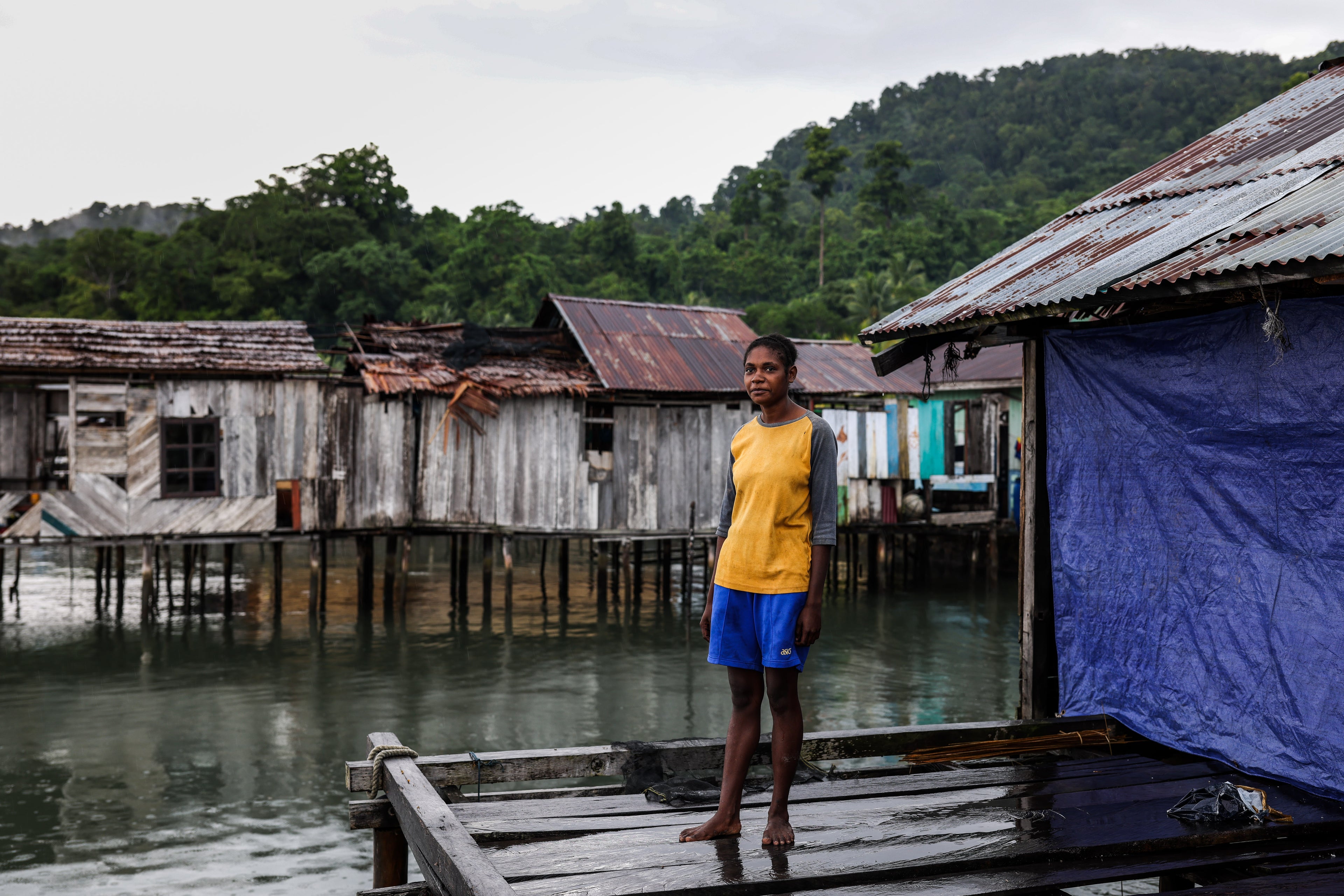
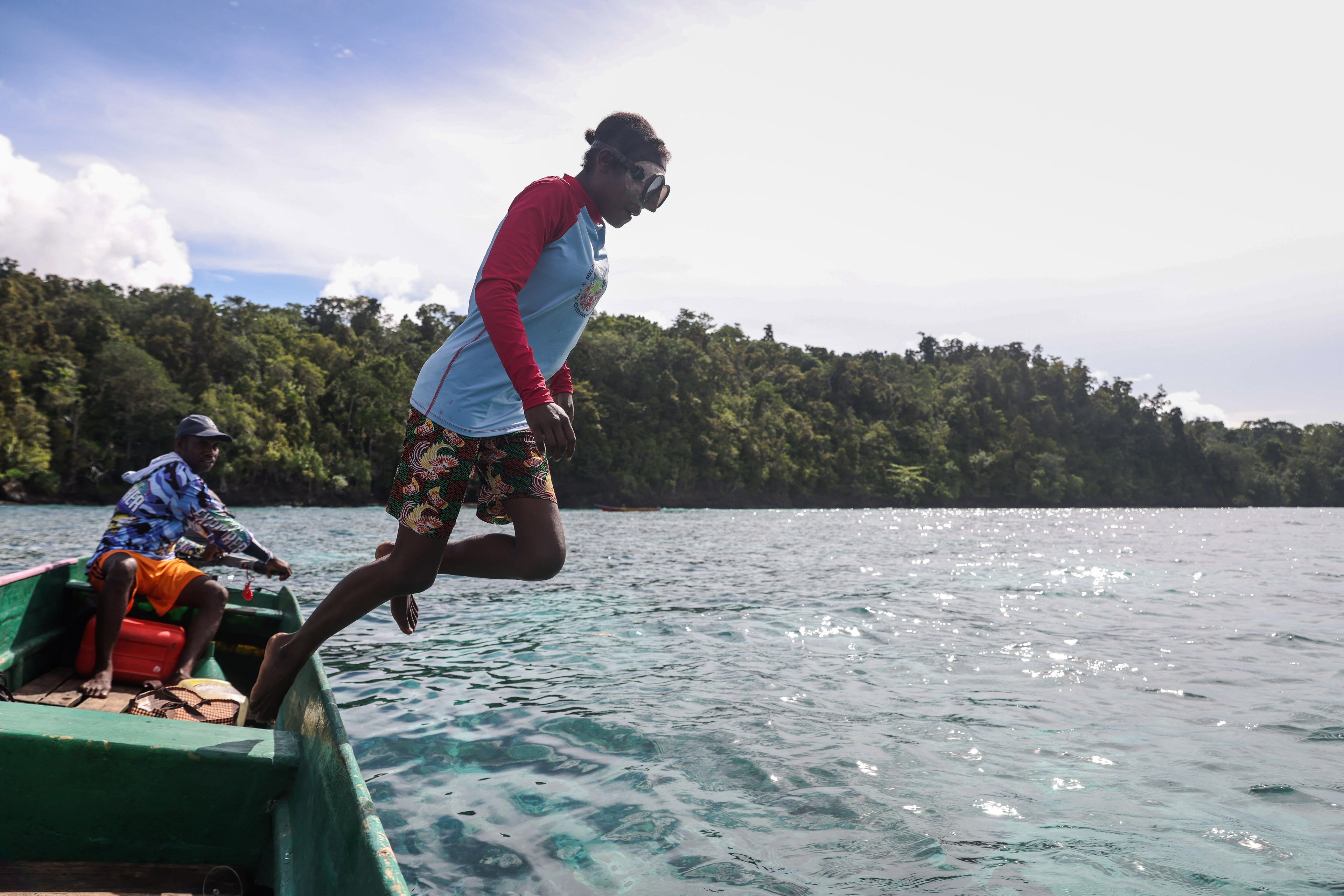
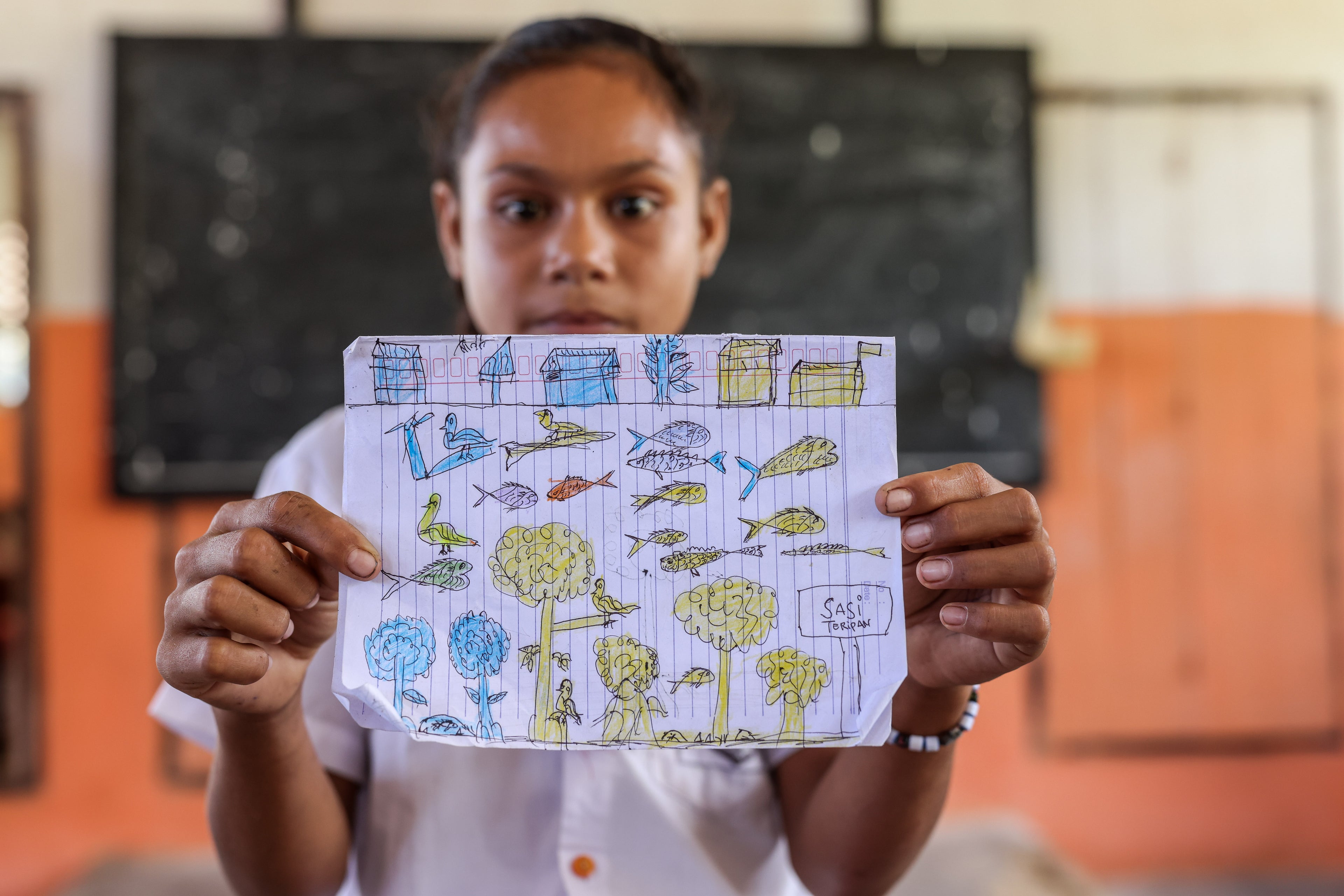
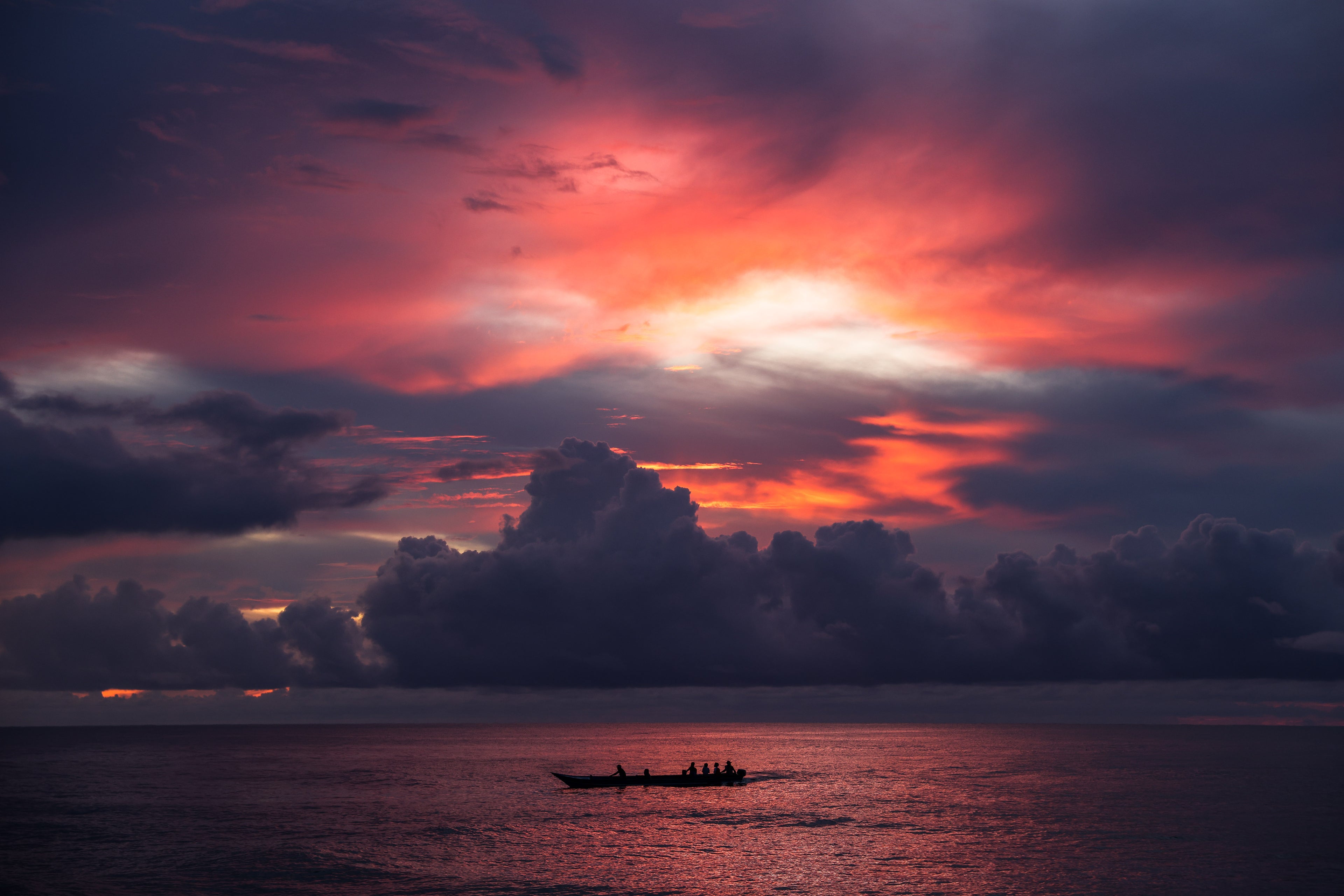
Yolanda’s team wasn’t the only one navigating these waters. There were several other boats as well, each accompanied by a diver and spread 100 feet apart. The ocean farmers collected as many marine creatures as their hands and lungs would allow, celebrating the first day of marine harvest season as part of a yearly ritual known as Sasi Laut.
Sasi Laut is a common tradition in East Indonesia, specifically in the provinces of Maluku and West Papua—an established method of closing certain areas for around six to 12 months to let ecosystems heal and grow naturally. What wasn’t common on that March day in 2022 were the divers themselves. Like Yolanda, all 10 of the underwater hunters navigating the churning surf were women. Since 2009, a unique, women-led body known as Waifuna has led the Sea Sasi, or Sasi Laut, around Kampung Kapatcol, signaling a significant shift in Indonesia’s male-dominated waters. Led by Yolanda’s grandmother, Almina Kacili, Waifuna have become the matriarchs of the sea, protecting their marine home from overfishing and mismanagement while making sure it thrives for generations to come.
Dipping under the surface one more time, Yolanda cleared her mind of on-land responsibilities, scanning the porous coral mountains for any sign of movement. Under the water she felt light. Free.
Want more Mothers of the Sea?
Read the full feature in print! Add Issue 02 to your subscription.
Subscription
